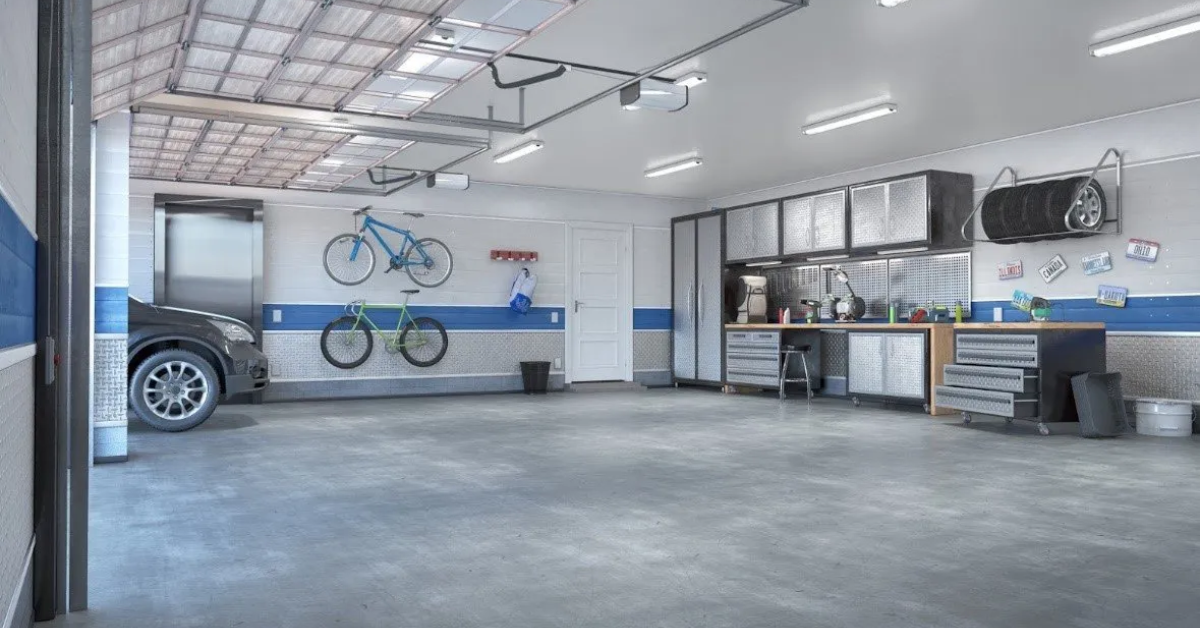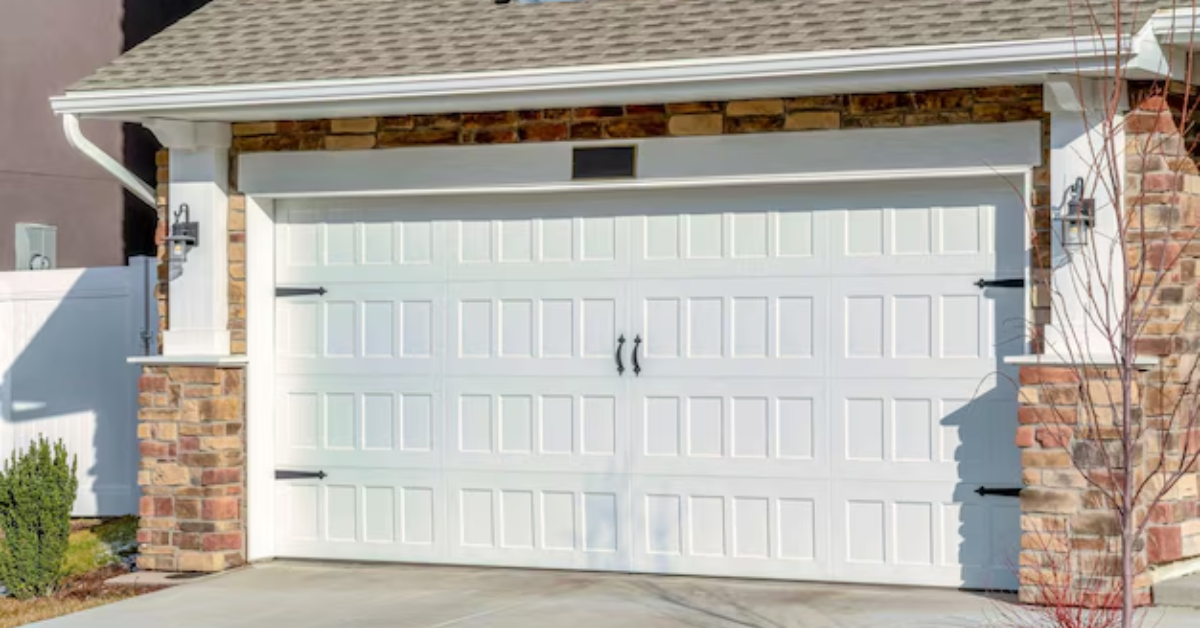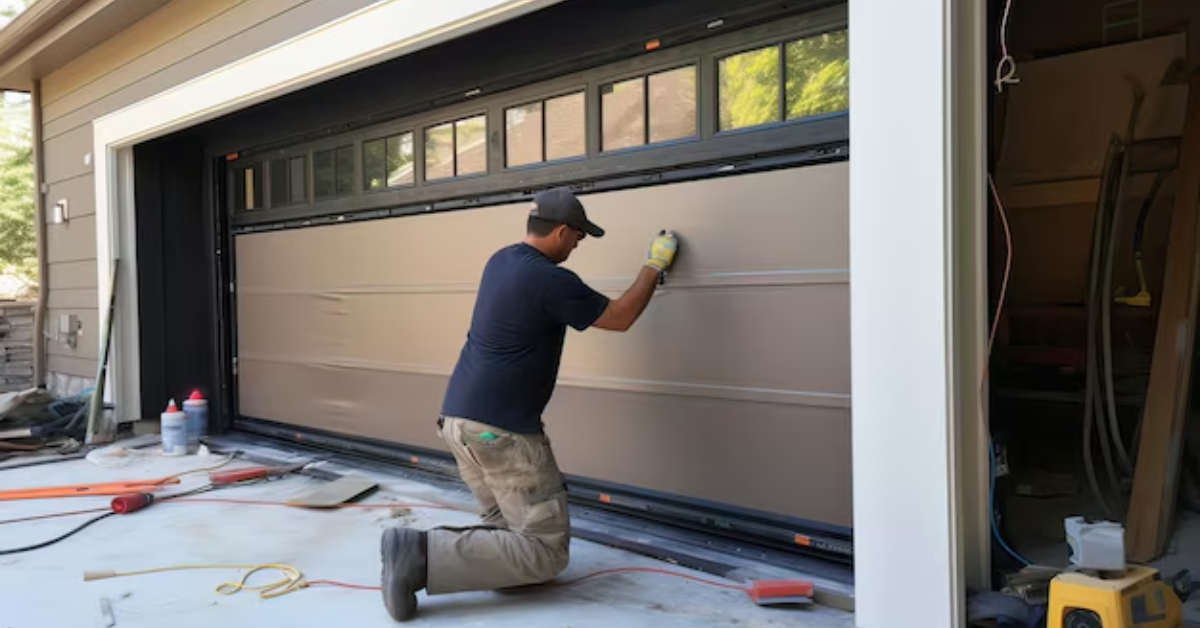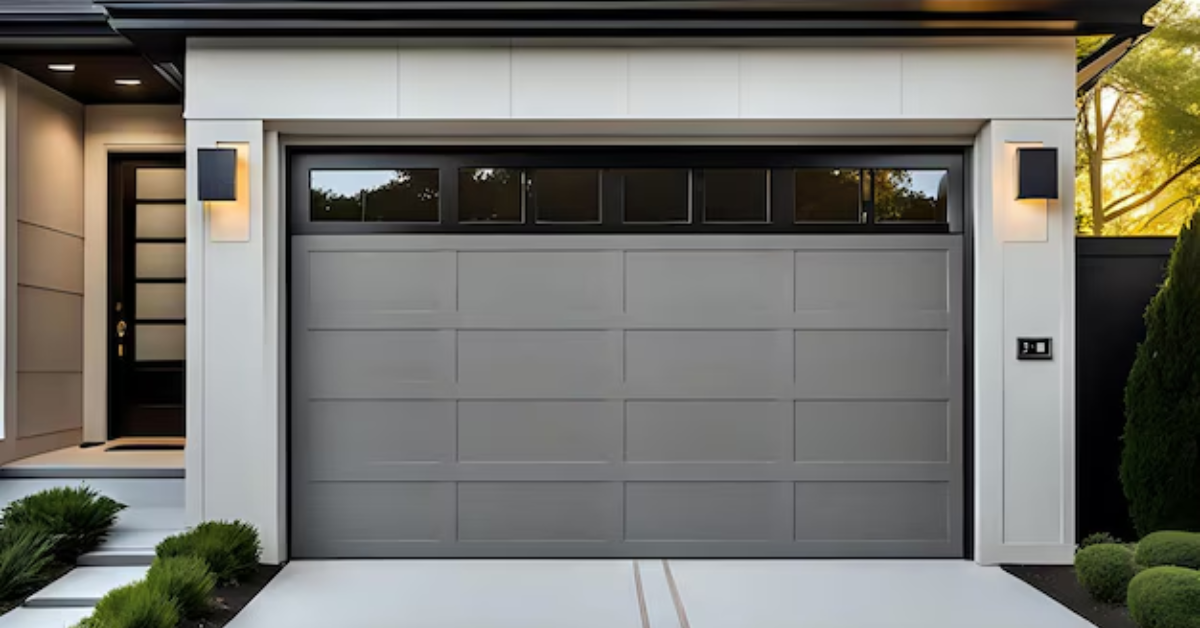Effective Garage Cooling Hacks for a Comfortable Summer
As the summer heat intensifies, keeping your garage cool becomes essential for both comfort and functionality. An overheated garage can damage stored items, increase the temperature of adjoining rooms, and create an uncomfortable working environment. Implementing effective garage cooling hacks can transform this space into a usable, pleasant area during the hot summer months.
Garages often suffer from poor insulation and ventilation, turning them into heat traps. This can lead to increased wear and tear on stored items, including tools, chemicals, and even your vehicle. Moreover, excessive heat can seep into your home, raising your cooling costs. The summer sun can cause garage temperatures to soar, often reaching levels much higher than the outside air. This extreme heat can warp and degrade materials, making it crucial to find effective cooling solutions.
Practical Cooling Hacks
Install Proper Insulation
Insulation is the first line of defense against heat. Proper insulation helps maintain a stable temperature inside the garage by preventing heat from penetrating the walls and ceiling. Fiberglass batt insulation, spray foam, and rigid foam are popular choices. Each has its pros and cons, but all can significantly reduce heat transfer. Measure your garage walls and ceiling to determine how much insulation you need. Install the insulation according to the manufacturer’s instructions, ensuring there are no gaps or compressions.
Ventilation Solutions
Ventilation is critical for expelling hot air and allowing cool air to circulate.
- Proper ventilation helps reduce humidity and lowers the overall temperature, making your garage more comfortable and reducing the risk of mold growth.
- Consider installing a ventilation fan to actively move hot air out of the garage. Place the fan in an optimal location to maximize airflow.
- Passive vents, ridge vents, and soffit vents can be combined to create a natural airflow that keeps your garage cooler.
Cooling with Fans and AC Units
Adding fans or an air conditioning unit can provide immediate relief from the heat. Positioning portable fans to direct airflow towards the garage door or windows can quickly reduce the temperature. A window AC unit can be an efficient solution for cooling. Ensure proper sealing around the unit to prevent hot air from entering. A mini-split AC system offers efficient cooling without the need for ductwork. It provides precise temperature control and can be installed in different zones within the garage.
Reflective Barriers and Coatings
Reflective barriers and coatings can help deflect the sun’s rays, keeping your garage cooler. Reflective roof coatings can reduce heat absorption. These coatings are easy to apply and can significantly lower the temperature inside your garage. Reflective insulation barriers can be installed on walls, ceilings, and even garage doors to reflect heat away from the garage interior.
Shading and Landscaping Tips
Creating shade around your garage can reduce the heat load.
- Shade cloths or awnings can block direct sunlight from hitting your garage, significantly reducing heat buildup.
- Planting trees or shrubs around your garage can provide natural shade and reduce the surrounding temperature.
Cool Flooring Options
Choosing the right flooring can significantly impact the temperature of your garage. Epoxy-coated floors, for instance, can reflect heat and make the surface more comfortable to walk on. These coatings not only enhance the appearance of the garage but also protect the concrete from heat-related damage, ensuring longevity and durability. Additionally, installing cool floor mats can offer immediate comfort, as they are designed to stay cooler underfoot. This can be particularly beneficial if you spend a lot of time in your garage, providing a more comfortable surface to stand on and reducing the overall heat absorption of the floor.
Smart Tech Solutions
Smart technology, particularly smart thermostats, can play a crucial role in maintaining a consistent and comfortable temperature in your garage. These devices allow you to monitor and adjust the temperature remotely, ensuring your garage stays cool even when you’re not home. By providing real-time updates and control, smart thermostats can help you manage the environment efficiently. When choosing a smart thermostat for your garage, it's important to look for models that offer customizable settings to suit your specific needs. Additionally, these thermostats should be capable of handling the unique conditions of a garage environment, such as fluctuating temperatures and potential exposure to dust and moisture.
Energy-Efficient Tips
Switching to LED lighting in your garage can significantly reduce heat production and save energy. LED bulbs produce less heat compared to traditional bulbs, which helps to keep the overall temperature down, especially in a hot garage. This not only makes the space more comfortable but also helps to lower cooling costs. Additionally, LED bulbs are more energy-efficient, consuming less electricity while providing bright, cool light. When choosing LED bulbs for your garage, it’s important to opt for high-quality options that offer both durability and excellent light output. This ensures you get the best performance and longevity, making your garage a well-lit and cooler environment.
Solar Power Solutions
Harnessing solar power can be an effective and eco-friendly way to cool your garage.
- Solar panels can power fans, AC units, and other cooling devices, reducing your energy bills.
- Solar-powered fans and vents can operate without adding to your electricity costs, providing a sustainable cooling solution.
Conclusion
Implementing effective garage cooling hacks can transform your garage into a comfortable, usable space during the summer months. By employing strategies such as proper insulation, ventilation, reflective barriers, and smart technology, you can significantly reduce the heat buildup in your garage. These measures not only enhance comfort but also protect your belongings from heat-related damage and reduce energy costs by lowering the strain on your cooling systems. Investing in these cooling solutions provides lasting benefits, improving the overall functionality of your garage and making it a more pleasant and efficient space to work or store items year-round.




